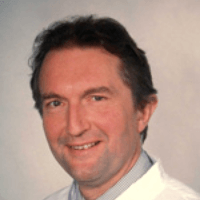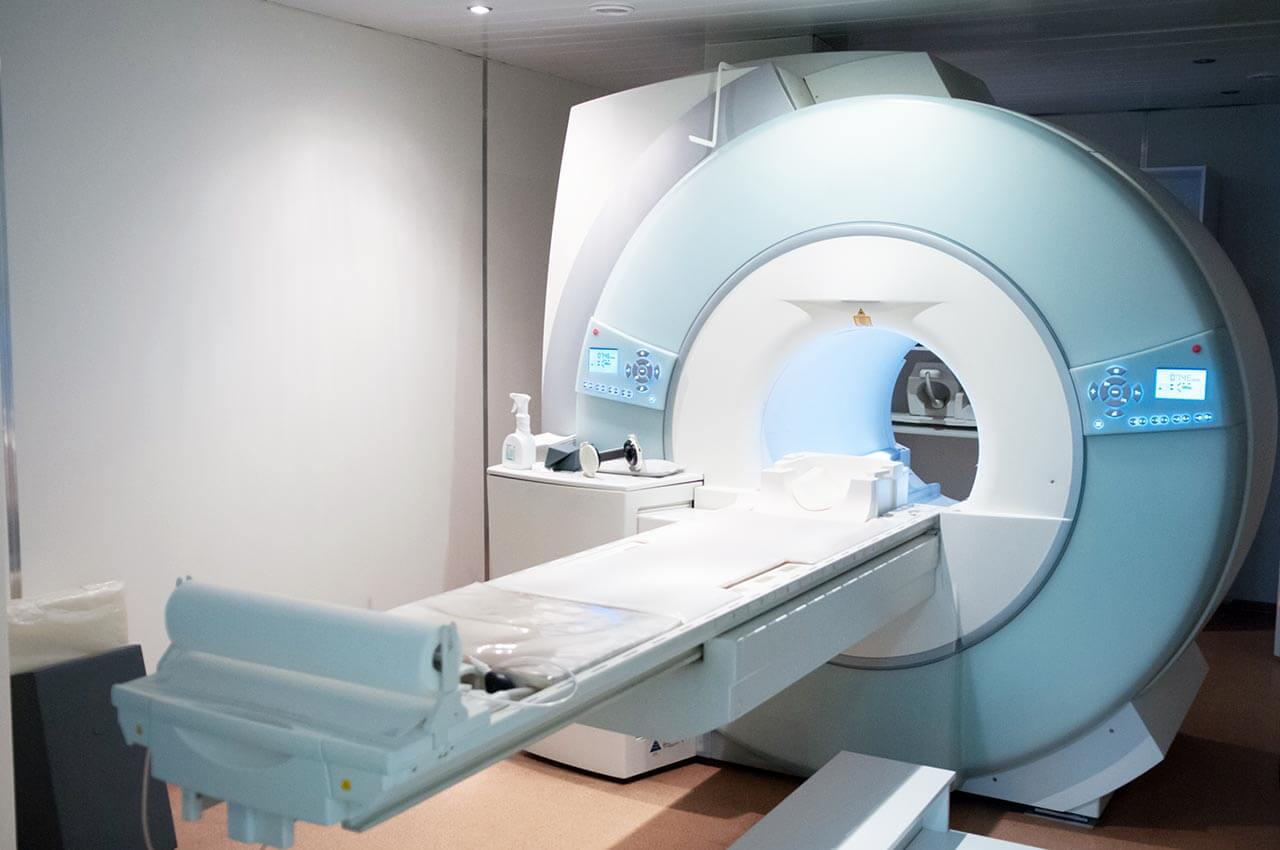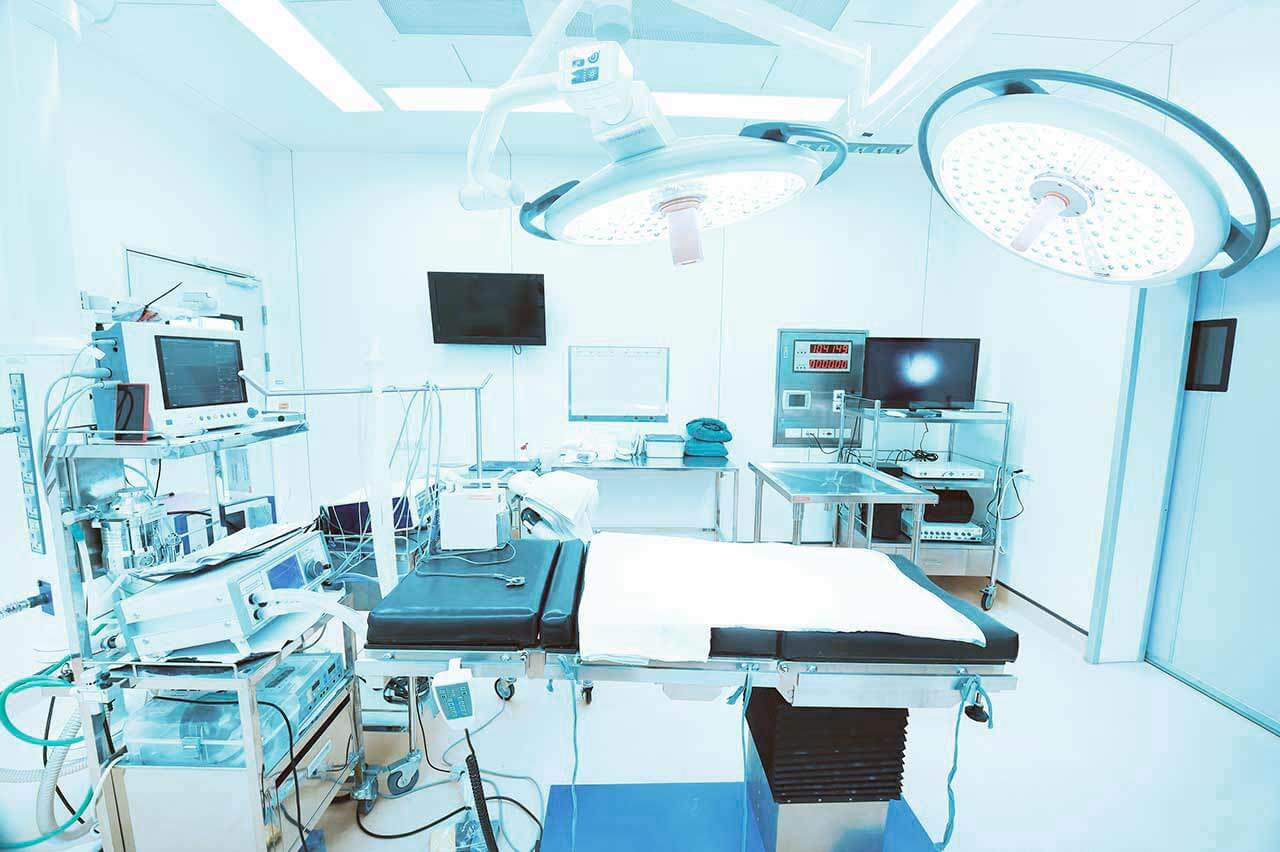
The program includes:
- Initial presentation in the clinic
- clinical history taking
- review of medical records
- physical examination
- laboratory tests:
- complete blood count
- biochemical analysis of blood
- inflammation indicators (CRP, ESR)
- immune status (IgE)
- differential diagnosis of other diseases of the skin
- skin scratch/prick tests
- consultation of related specialists
- symptomatic specific treatment
- the cost of essential medicines and materials
- nursing services
- control examinations
- full hospital accommodation
- developing of further guidance
Required documents
- Medical records
- Photo of the affected body regions
Service
You may also book:
 BookingHealth Price from:
BookingHealth Price from:
About the department
The Department of Adult and Pediatric Dermatology offers the full range of diagnostics and treatment of skin diseases. Medical services are provided for patients of all age groups, ranging from infants, young children to adults, including the very elderly patients. The department treats about 10,000 outpatients and more than 5,000 inpatients every year. The department has four modern operating rooms and three laboratories for all examinations. The department is headed by Prof. Dr. med. Martin Röcken.
The main clinical activities of the department include:
- Allergology
- Allergic skin reactions and eczema
- Allergic rhinitis, conjunctivitis, bronchial asthma
- Atopic dermatitis in children and adults
- Professional dermatosis
- Mastocytosis
- Allergies to venom from an animal bite, drugs, food
- Alopecia areata
- Andrology
- Infertility
- Hypogonadism
- Gynecomastia
- Erectile dysfunction
- Venereology
- Herpes simplex
- HIV infection
- Mycoplasma
- Chlamydia infection
- Gonorrhea
- Syphilis
- Inguinal granuloma
- Chancroid
- Human papillomavirus infection
- Hepatitis A and B
- Aesthetic dermatology
- Consultations on wrinkle treatment, skin care, scar revision
- Laser therapy (removal of tattoos, spider veins, telangiectasias, hemangiomas, pigment spots, freckles)
- Laser therapy (removal of tattoos, spider veins, telangiectasias, hemangiomas, pigment spots, freckles)
- Filler injections for the treatment of wrinkles or volume replenishing of certain skin areas
- Botulinum toxin A injections for the treatment of mimic wrinkles
- Chemical peeling/fruit acid peeling in skin lesions, wrinkles, and pigmentation disorders
- Scar revision on the face (after acne or accidents) and body, correction of stretch marks with the help of Microneedling (Dermaroller) techniques
- Laser skin resurfacing (removal of upper skin layers) for the treatment of wrinkles
- Surgical removal of harmless skin changes (senile warts, fibroma)
- Sclerotherapy for the treatment of spider veins
- Dermatosurgery
- Diagnostics and treatment of autoimmune diseases with skin lesions
- Diagnostics and treatment of vascular diseases
- Varicose veins
- Spider veins
- Trophic ulcers of the leg
- Thrombophlebitis
- Blood clots in the superficial venous system (usually in varicose veins)
- Deep vein thrombosis
- Peripheral artery disease
- Functional circulatory disorders of the fingers and toes (Raynaud's disease)
- Inflammatory vascular disease (vasculitis)
- Lymphedema, lipedema
- Diagnostics and treatment of skin cancer
- Epithelial skin tumors
- Lymphomas
- Melanomas
- Phototherapy and photodiagnostics (for example, PUVA therapy, photodynamic therapy)
- Inflammatory skin diseases
- Granulomatous skin diseases
- Skin lymphoma
- Chronic pruritus
- Sclerosing skin disorders
- Vitiligo
- Diagnostics and treatment of proctological skin diseases
- Treatment of genital warts
- Diagnosis and treatment of other sexually transmitted diseases
- Treatment / surgical removal of perianal epithelial skin tumors and precancerous conditions with the microscopic control of incision boundaries (the so-called 3D histology)
- Treatment of anal itching and anal eczema
- Conservative and surgical treatment of anal fissures
- Treatment of hemorrhoids with sclerotherapy or ligation with latex rings
- Removal of residual hemorrhoidal skin folds
- Surgical treatment of pilonidal sinus
- Treatment of inverse acne
- Treatment of perianal venous thrombosis
- Treatment of dermatological diseases with local manifestations in the anal area (such as lichen planus, psoriasis)
- Diagnostics and treatment of sexually transmitted diseases
- HIV infection, AIDS
- Syphilis
- Gonorrhea
- Chlamydia infection
- Genital herpes
- Condylomata acuminata / genital warts (infection by human papillomavirus)
- Chancroid
- Lymphogranuloma venereum
- Diagnostics and treatment of patients with chronic wounds (special focus on chronic leg ulcers)
- Diagnostics and treatment of other dermatological pathologies
Curriculum vitae
Education and Professional Activities
- 1976 - 1983 Study of Medicine, Free University of Berlin, Free University of Brussels, University of Lausanne, University of Bern.
- 1984 - 1988 Assistant Physician, Department of Dermatology and Allergology, Munich-Schwabing Municipal Hospital, Academic Hospital of the Ludwig Maximilian University of Munich (Heads: Prof. Dr. H. J. Bandmann and Prof. Dr. R. Breit).
- 1988 - 1991 Research Scholarship of the German Research Foundation, University of Geneva.
- 1991 - 1993 Visiting Fellow, Immunology Laboratory, NIAID, National Institutes of Health, Bethesda, Maryland, USA.
- 1993 - 1998 Full-time Senior Physician.
- 1998 - 2002 C3 Professor of Dermatology and Venereology, Ludwig Maximilian University of Munich (Head: Prof. Dr. Dr. h.c. G. Plewig), Department of Dermatology and Allergology.
- 2002 C4 Professor of Dermatology and Venereology, Eberhard Karls University of Tuebingen, as well as the Head of the Department of Adult and Pediatric Dermatology at the University Hospital Tuebingen.
Main Clinical and Research Focuses
- Pathogenesis of autoimmune diseases and the development of innovative methods for psoriasis treatment.
- Allergology.
- Development of phototherapy techniques.
- Pathogen-host interactions in infectious skin diseases, particularly in immunosuppression and HIV infection.
- Clinical oncology, tumors and the development of vaccination schemes against cancer.
Memberships
- Co-Editor, JDDG, Acta Dermatovenerologica, German Society of Dermatology (DDG), Commission for Quality Assurance in Dermatology, particularly in Photochemotherapy.
- 1997 - 2001 Leader and Treasurer of the Working Group on Dermatological Researches.
- 2000 European Dermatology Foundation.
- 2001 - 2007 Board Member of the European Society for Dermatological Research.
- 2003 Board Member, German Society of Dermatology.
- 2004 - 2012 German Research Foundation, Supervisory Board for the Inflammatory Diseases.
- 2004 Policy Council, National Academy of Sciences, German Academy of Natural Sciences Leopoldina.
- 2007 Member of the Board of Trustees, Alfred Marchionini Foundation for the Advancement of Innovative Medicine.
- 2007 Board of Trustees, European Skin Research Foundation.
- 2009 Board Member, European Academy of Dermatology and Venereology.
- 2012 Executive Board.
- 2012 Member of the Expert Medical Commissions at the Institute of Medical and Pharmaceutical Expertise (in Dermatology).
Photo of the doctor: (c) Universitätsklinikum Tübingen
About hospital
According to the prestigious medical publication Focus, the University Hospital Tuebingen ranks among the top five German hospitals!
The hospital was founded in 1805, therefore it is proud of its long history, unique experience, and outstanding achievements in the field of medical care, as well as research and teaching activities. Nowadays, it is one of the most advanced medical institutions, which provides a wide range of general and highly specialized medical services. The hospital combines the state-of-art medical technologies in the field of diagnostics and the very latest treatment methods of a wide range of diseases.
The hospital has 17 specialized departments, which cover almost all fields of modern medicine and contribute to the top-class medical service in Germany. It treats about 367,000 outpatients and 74,000 inpatients annually. This testifies to the high authority of the hospital at the national and international medical arena. This is the first German hospital, which confirmed the high quality of healthcare and the effectiveness of service with a KTQ certification (in 2009).
Photo: (с) depositphotos
Accommodation in hospital
Patients rooms
The patients of the University Hospital Tuebingen live in comfortable single and double rooms with an ensuite bathroom equipped with a shower and toilet. The beds in the patient rooms are equipped with orthopedic mattresses that promote good and full sleep. There is a TV in the room, and it is also possible to connect a smartphone or laptop to the Internet. In addition, there is enough space in the patient room to receive 2-3 guests without inconvenience for the second patient.
The enhanced-comfort rooms include a hairdryer, heated towel rail, a large mirror, a direct dial telephone, a flat-screen satellite TV, a writing desk, free Internet access, a mini-bar and a refrigerator.
Meals and Menus
The patients of the hospital are offered tasty and healthy three meals a day: breakfast, lunch and dinner. Breakfast is served as a buffet, while for lunch and dinner there is a choice of several menus. Also, if desired, the patient will be provided with an individual menu. There are several cafes and cafeterias on the territory of the hospital, where one can have a tasty meal or enjoy a cup of coffee, tea and dessert.
Further details
Standard rooms include:
Religion
Religious services are available upon request.
Accompanying person
During the inpatient program, an accompanying person can stay with you in a patient room or in a hotel of your choice.
Hotel
During the outpatient program, you can stay in a hotel of your choice. Our managers will help you choose the most suitable option for you.




